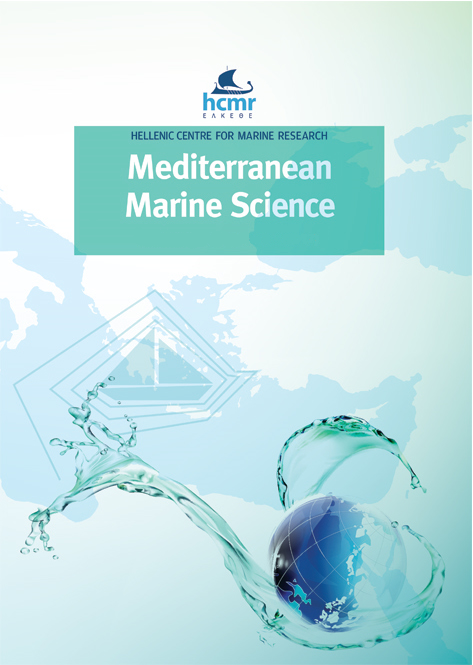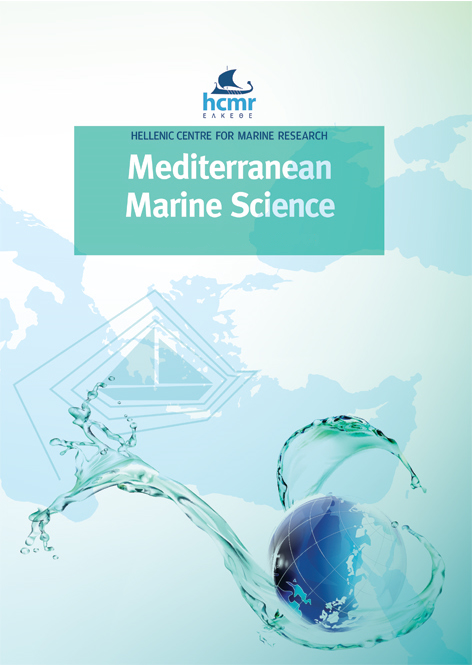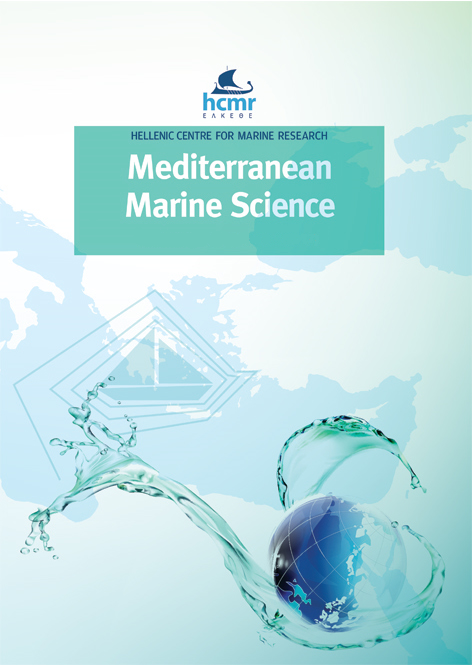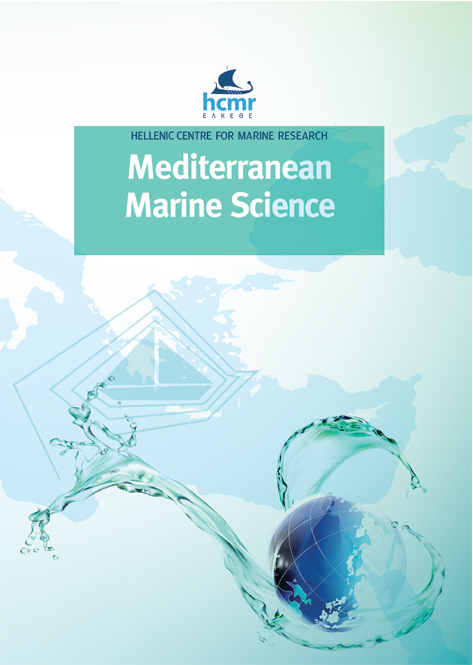Life cycle assessment of seabass and meagre in marine cage farming: From feeding plant to harvesting
Résumé
Aquaculture is related to environmental impacts locally and globally. The purpose of this study was to identify environmental hotspots in fish feeds of various granulations in seabass and meagre farming, by using Life Cycle Assessment (LCA), given that recent studies suggested fish feed as the predominant factor affecting environmental impacts in marine fish farming. This, in turn enabled a detailed comparison of the environmental performance throughout the rearing cycle, in both species. LCA was applied on the production process of fish feeds taking into account the amount of raw materials, heat and energy needed for the production of feed. Similarly, LCA was applied in cage farms in Greece, involving the amount of feeds per size class, energy and fuel needed for the production of one tonne of seabass and meagre, respectively. The smaller size feed (SSF) class distributed to the fry, performed better compared to medium (MSF) and large size feed (LSF) classes provided to juveniles/adults, in relation to various environmental impact indicators. In medium and large size feeds, the main negative contributor was the use of sunflower meal, while small size feed affected these indicators through higher electricity demands and the inclusion of higher fishmeal level. The comparison between seabass and meagre revealed that meagre had significantly lower impact in all eighteen environmental impact indicators. This should be attributed to the reduced feed conversion ratio and the lower fry requirements compared to seabass. Improvements in cultivation methods of raw materials, optimized reductions in the inclusion of marine origin raw materials and improved feeding management could contribute to the overall ecological sustainability of the sector.
Article Details
- Comment citer
-
KONSTANTINIDIS, E., PERDIKARIS, C., & GANIAS, K. (2021). Life cycle assessment of seabass and meagre in marine cage farming: From feeding plant to harvesting. Mediterranean Marine Science, 22(1), 125–136. https://doi.org/10.12681/mms.25052
- Numéro
- Vol. 22 No 1 (2021)
- Rubrique
- Research Article
Authors who publish with this journal agree to the following terms:
- Authors retain copyright and grant the journal right of first publication with the work simultaneously licensed under a Creative Commons Attribution Non-Commercial License that allows others to share the work with an acknowledgement of the work's authorship and initial publication in this journal.
- Authors are able to enter into separate, additional contractual arrangements for the non-exclusive distribution of the journal's published version of the work (e.g. post it to an institutional repository or publish it in a book), with an acknowledgement of its initial publication in this journal.
- Authors are permitted and encouraged to post their work online (preferably in institutional repositories or on their website) prior to and during the submission process, as it can lead to productive exchanges, as well as earlier and greater citation of published work (See The Effect of Open Access).








